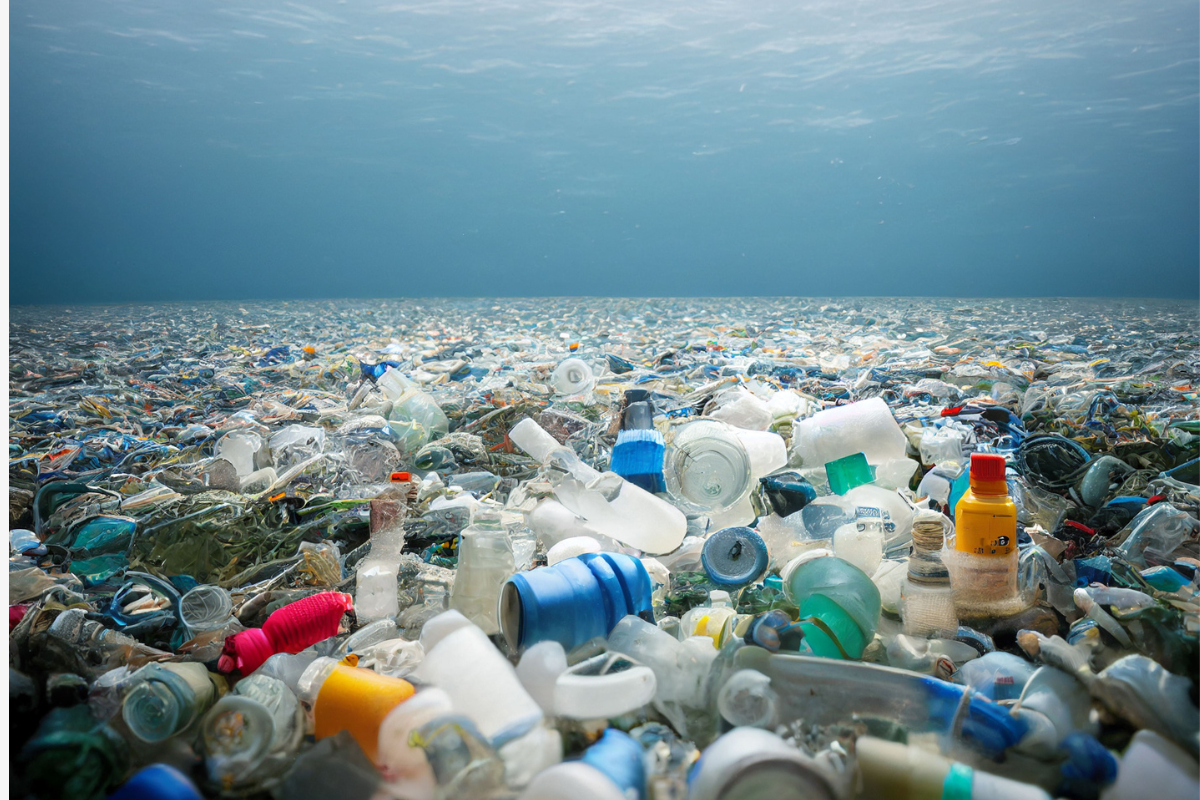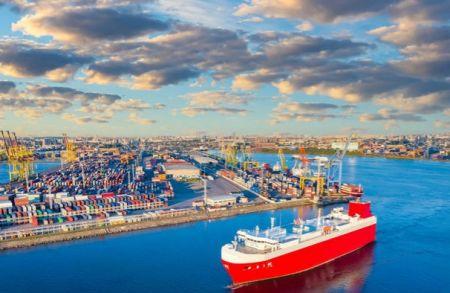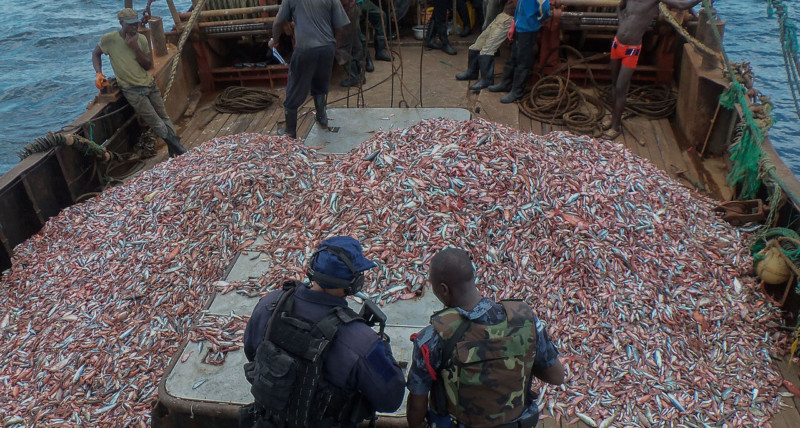The United Nations is gathering until August 14 in the Swiss city for a long-awaited summit. The goal: to overcome divisions between countries and finally achieve the signing of an international treaty on plastic pollution.
This is shaping up to be a last-chance summit. On Tuesday, August 5, the United Nations opened a gathering in Geneva dubbed “INC-5.2,” aimed at reaching a global treaty to “eradicate plastic pollution.” For nearly ten days, until August 14, negotiations will bring together representatives from 175 countries.
The stakes are enormous, as plastic dumped in large quantities threatens terrestrial and marine biodiversity, as well as human health. Every year, 10 million tons of plastic waste end up in the oceans—the equivalent of one garbage truck dumped every minute.
Overcoming the Failure of the Busan Talks
In late December 2024, 170 countries met in Busan, South Korea, in an attempt to address this crisis. However, they failed to reach a consensus.
Plastic pollution was again a key issue at the Third United Nations Ocean Conference (UNOC-3) in Nice, held from June 9 to 13, 2025. At that time, 96 countries, including France, took a major step toward a legally binding international treaty, following an initial agreement that launched negotiations back in March 2022.
“We call for the adoption of a global target to reduce the production and consumption of primary plastic polymers to sustainable levels,”
wrote the signatories of a declaration published from the French Riviera.
However, the Geneva summit is taking place in a tense geopolitical and commercial climate. Among the 175 participating countries, two blocs are in opposition:
- The “High Ambition Coalition”, including France, the European Union, Canada, and Australia, which advocates for a comprehensive treaty covering the entire plastic life cycle, and
- The “like-minded” group, composed of oil and plastic-producing countries, who support a weaker treaty focused solely on waste management.
“The goal is to bring countries like Brazil, a major hydrocarbon producer, on board with a treaty that actually reduces plastic production. Recycling is part of the conversation, but it absolutely doesn’t solve the problem. I hope we can achieve an ambitious plastic treaty,”
said Olivier Poivre d’Arvor, President Emmanuel Macron’s special envoy for the ocean, at the close of UNOC-3 in Nice.
The European Union Takes Action
In response to the explosion in plastic pollution, the European Union has ramped up its policies to protect the seas and oceans, launching several initiatives. Since July 2021, an EU directive has banned the sale of single-use plastic items such as straws, cutlery, and plates. It also sets higher standards for bottle recycling.
For packaging, the EU has set a recycling target of 50% by 2025 and 55% by 2030. For context, France is currently only at 26%, with an increase of just 1% per year on average.
The EU has also set a specific goal for recycling plastic beverage bottles: 77% by 2025 and 90% by 2030.
This directive also includes various public awareness measures, encouraging member states to promote responsible consumption habits among their citizens.
A Situation Now Critical
On August 4, 2025, around 30 scientists from leading academic institutions published a report in The Lancet compiling the latest data on the health impacts of plastics. Modeled after the Lancet Countdown on Health and Climate Change, they launched a “Lancet Countdown on Health and Plastics”—a global tracking tool to document the long-term health effects of plastic and monitor any progress in mitigating them.
The report emphasizes that plastics—at every stage of their life cycle (production, use, recycling, disposal)—are responsible for tens of thousands of illnesses and deaths, disproportionately affecting vulnerable populations. These human costs are compounded by economic losses estimated at over $1.5 trillion (around €1.3 trillion) per year.
The scientists issue a stark warning: these costs will worsen if plastic production continues unchecked. At the current rate, plastic output will triple by 2060, compared to 2019 levels, reaching 1.2 billion tons annually.
A report from the World Economic Forum and the Ellen MacArthur Foundation also warns that
“the weight of plastic will exceed that of fish in the ocean by 2050.”
Funding: A Key Issue
As with any global treaty, the question of financing will be central to discussions. Article 11, which calls for the implementation of Extended Producer Responsibility (EPR) mechanisms—applying the polluter-pays principle—is expected to be particularly contentious. This measure is strongly supported by France.
“We’re coming to Geneva fully aware that a number of plastic-producing countries will work to either block the treaty or weaken it as much as possible,”
said a diplomatic source.
NGOs, meanwhile, fear a final text that is less ambitious than earlier drafts.
The coming days will reveal whether the urgency of the crisis is truly being taken seriously—or not.




